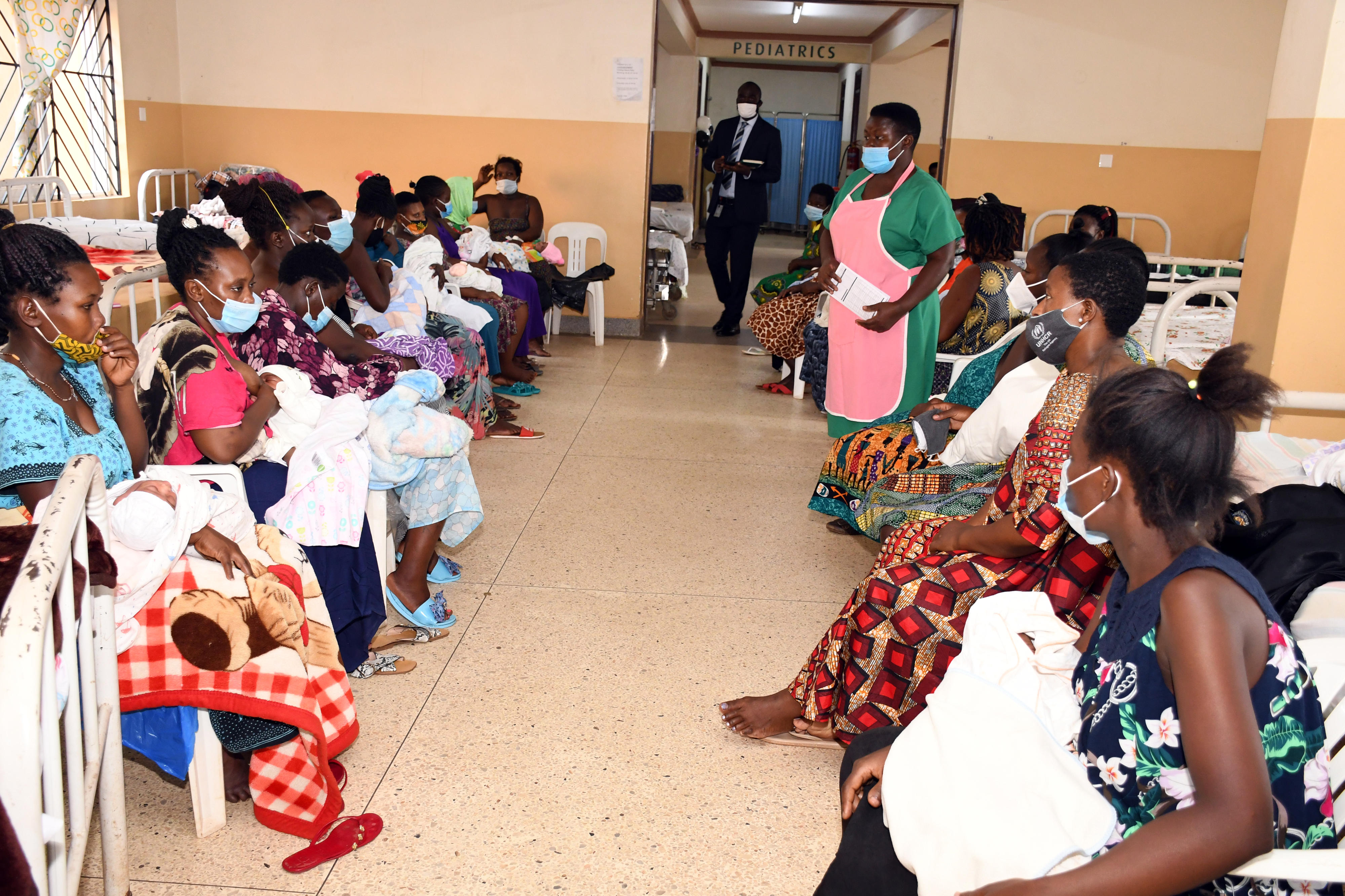Prime
EC should resume civic education
On Tuesday, the Electoral Commission (EC), conducted elections for leaders of the village women council, but the exercise, which saw women vote chairpersons, vice chairpersons, general secretaries, secretaries for publicity and secretaries for finance, was marred by low voter turnout. Many would-be voters opted to either stay away or shun the exercise.
Some would-be voters claimed that they had stayed away because the elections had been organised on a working day, while others claimed that lining up behind candidates was cumbersome and was bound to be a source of conflict.
Those might be legitimate concerns for the women, but this is not the first time that Ugandans have stayed away from polls, including those that had been organised differently.
The EC should be worried that voter turnout has been on the decline over the last three election cycles. In 2006, there were 10,450,788 registered voters, but turnout was 7,230,456, about 69.19 per cent on polling day.
In 2011, there were 13,954,129 registered voters, but only 8,272,760, about 59.29 per cent, turned up.
The trend was similar in 2016 when Uganda had 15,277,198 registered voters, but only 10,329,131 or 67.61 per cent turned up on polling day. There were also 477,319 invalid votes.
The number of invalid votes has also been on the increase. In 2006 there were 295,525 invalid votes, rising to 334,548 in 2011 and 477,319 in 2016.
The 2011 and 2016 figures are particularly bothersome because by then, the pioneer beneficiaries of the Universal Primary Education (UPE), had become of voting age. The increased literacy levels around the country had been expected to result in a reduction in errors that could result into invalidation of votes.
The EC’s mandate involves organising, conducting and supervising elections and referenda. It also entails organising effective civic education programmes, but it seems to have relegated the latter to the periphery. In fact, there has not been any purpose-driven civic education exercise since the run up to the March 1994 Constituent Assembly (CA) elections. Little wonder then that every election has been dogged by low turn up and high numbers of invalid votes.
The EC ought to be reminded that hat democracy is not merely about holding regular elections. It is also about empowering the citizenry with information that enables them to participate in decision making by making informed choices at the polls and participating in the affairs of government. That can only be achieved by resumption of civic education and not just whenever the polls are around the corner.
The issue: Civic education
Our view: The EC should be reminded that democracy is not merely about holding regular elections. It is also about empowering the citizenry with information.


